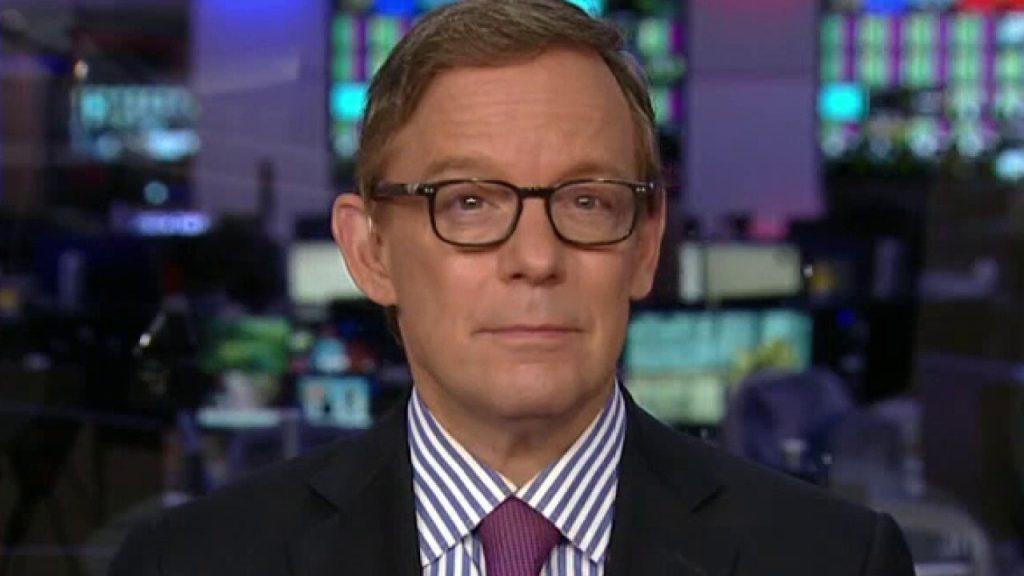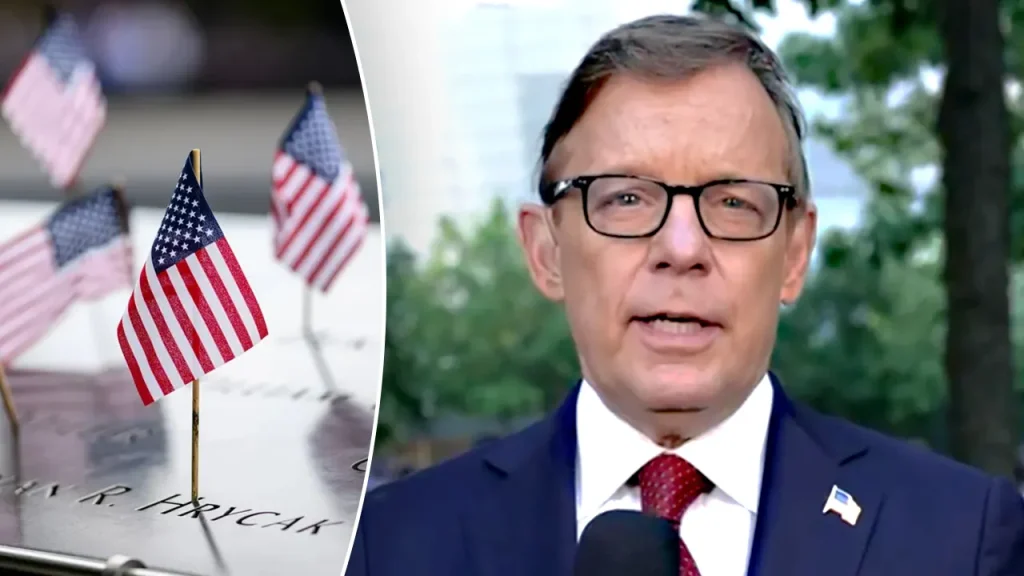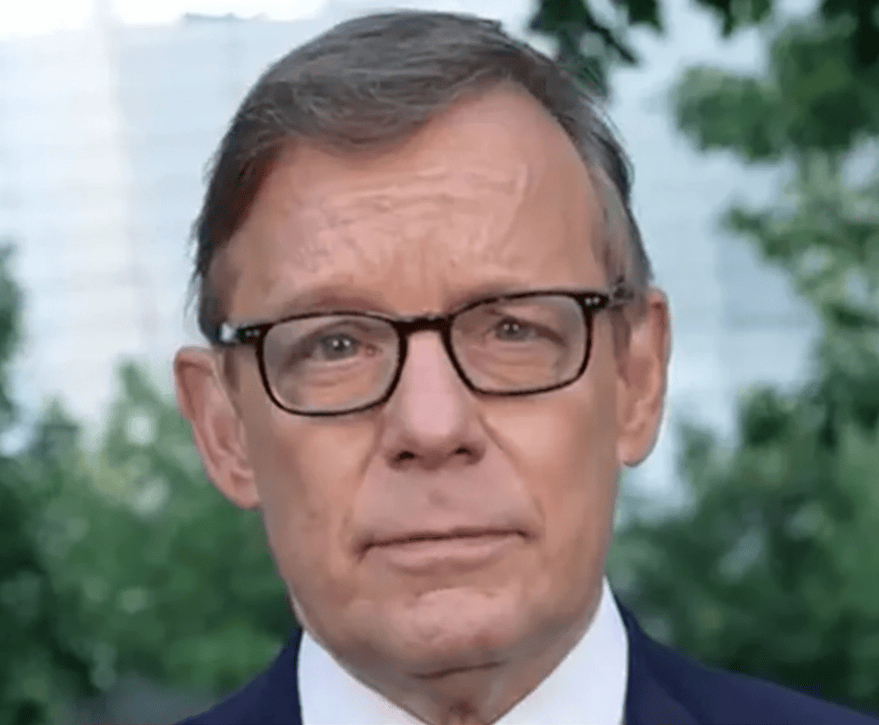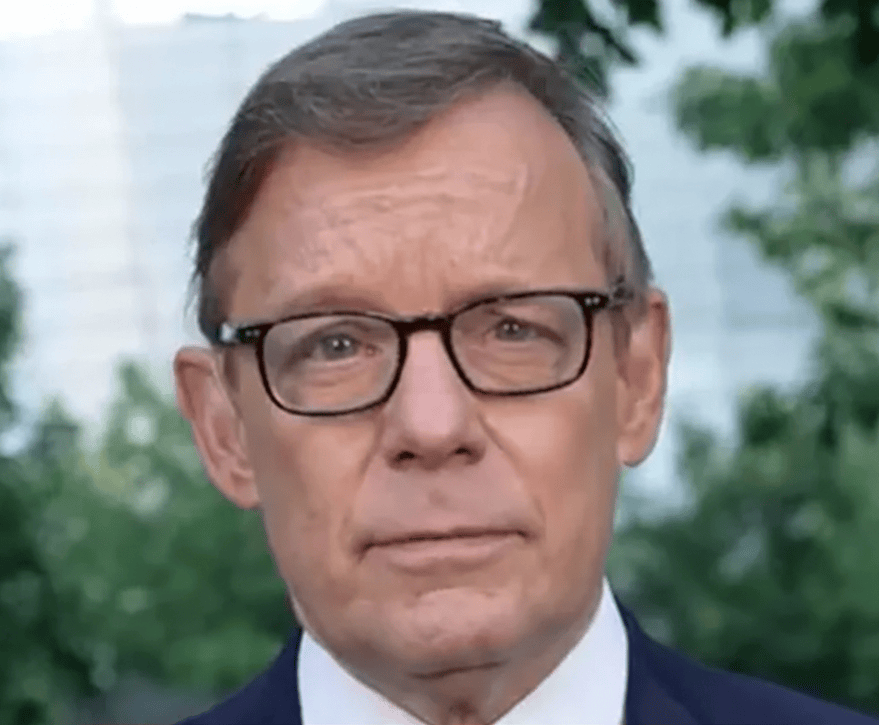Veteran Fox News Reporter Eric Shawn Discloses Cancer Diagnosis Linked to Toxic Exposure from 9/11 Attacks
Eric Shawn has spent decades covering some of the most important stories in America, but recently he became the story himself. The longtime Fox News reporter revealed that he has been diagnosed with cancer and is also suffering from lasting respiratory issues, conditions he believes are directly connected to his exposure to toxic air during the aftermath of the September 11 terrorist attacks. His story is not just one of illness, but of resilience, truth, and the hidden costs of a day that changed the world forever.
Shawn explained that in the days and weeks following 9/11, he was on the ground covering the devastation in lower Manhattan. Like many journalists, first responders, and volunteers, he breathed in air that was later found to contain dangerous levels of toxins and carcinogens. The dust and smoke that blanketed Ground Zero were filled with asbestos, pulverized concrete, glass fibers, and countless other harmful particles. At the time, very little was known about the long-term health impact of being in that environment, but years later the consequences are showing themselves in devastating ways.

His cancer diagnosis is deeply personal, but it also echoes the stories of thousands of others who were exposed during those weeks. Shawn’s announcement brings attention back to the lasting health crisis facing survivors of 9/11. Studies have shown increased rates of respiratory disease, cancers, and other chronic conditions among those who lived, worked, or responded near the site. For many, the tragedy didn’t end when the towers fell—it has followed them for decades.
Shawn spoke candidly about the impact this has had on his life. While he continues to work and stay strong, the diagnosis has forced him to face the reality of just how serious the lingering effects of 9/11 are. He is one of countless individuals who unknowingly carried the weight of those toxic days long after the rubble was cleared and the memorials were built. His courage in speaking out shines a light on an issue that still needs awareness and action.

The reporter’s story is also a reminder of the humanity behind the headlines. Viewers often see journalists as distant figures, narrating history from the outside. But Shawn’s journey shows that reporters are often right in the middle of the events they cover, sharing the same dangers as those they report on. His experience stands as a testament to the risks many took to ensure the truth of 9/11 was told to the world.
Support for survivors continues through programs like the World Trade Center Health Program and the 9/11 Victim Compensation Fund, which were created to provide care and resources for those suffering from related illnesses. Shawn’s decision to speak about his diagnosis brings renewed visibility to these initiatives and underscores why they remain critical. Too many are still struggling in silence, and stories like his remind us that help is both necessary and urgent.

Eric Shawn’s revelation is heartbreaking, but it is also an act of strength. By sharing his battle, he not only honors those who have gone through similar struggles but also raises awareness of the price so many continue to pay for their presence at Ground Zero. His words echo the truth that the legacy of 9/11 is not confined to one day in history—it continues to shape lives in ways we are still uncovering.


